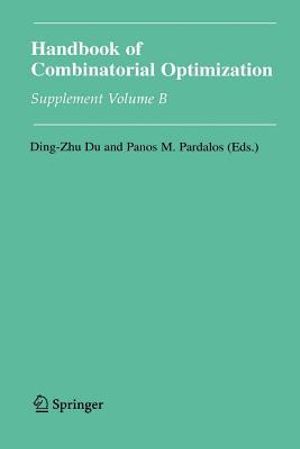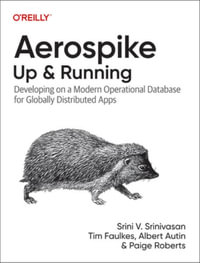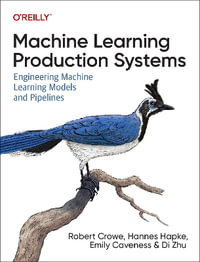
Handbook of Combinatorial Optimization
Supplement Volume B
By: Ding-Zhu Du, Panos M. Pardalos
Paperback | 13 April 2011
At a Glance
Paperback
$410.22
Aims to ship in 7 to 10 business days
When will this arrive by?
Enter delivery postcode to estimate
ISBN: 9781441936660
ISBN-10: 1441936661
Published: 13th April 2011
Format: Paperback
Language: English
Number of Pages: 404
Audience: Professional and Scholarly
Publisher: Springer Nature B.V.
Country of Publication: US
Dimensions (cm): 23.39 x 15.6 x 2.11
Weight (kg): 0.56
Shipping
| Standard Shipping | Express Shipping | |
|---|---|---|
| Metro postcodes: | $9.99 | $14.95 |
| Regional postcodes: | $9.99 | $14.95 |
| Rural postcodes: | $9.99 | $14.95 |
How to return your order
At Booktopia, we offer hassle-free returns in accordance with our returns policy. If you wish to return an item, please get in touch with Booktopia Customer Care.
Additional postage charges may be applicable.
Defective items
If there is a problem with any of the items received for your order then the Booktopia Customer Care team is ready to assist you.
For more info please visit our Help Centre.
You Can Find This Book In
This product is categorised by
- Non-FictionMathematicsCombinatorics & Graph Theory
- Non-FictionMathematicsOptimisationLinear Programming
- Non-FictionComputing & I.T.Computer Science
- Non-FictionMathematicsApplied Mathematics
- Non-FictionMathematicsProbability & Statistics
- Non-FictionReference, Information & Interdisciplinary SubjectsResearch & InformationInformation theoryCybernetics & Systems Theory
- Non-FictionBusiness & ManagementOperational Research
- Non-FictionComputing & I.T.DatabasesData Capture & Analysis
- Non-FictionMathematicsDiscrete Mathematics
























